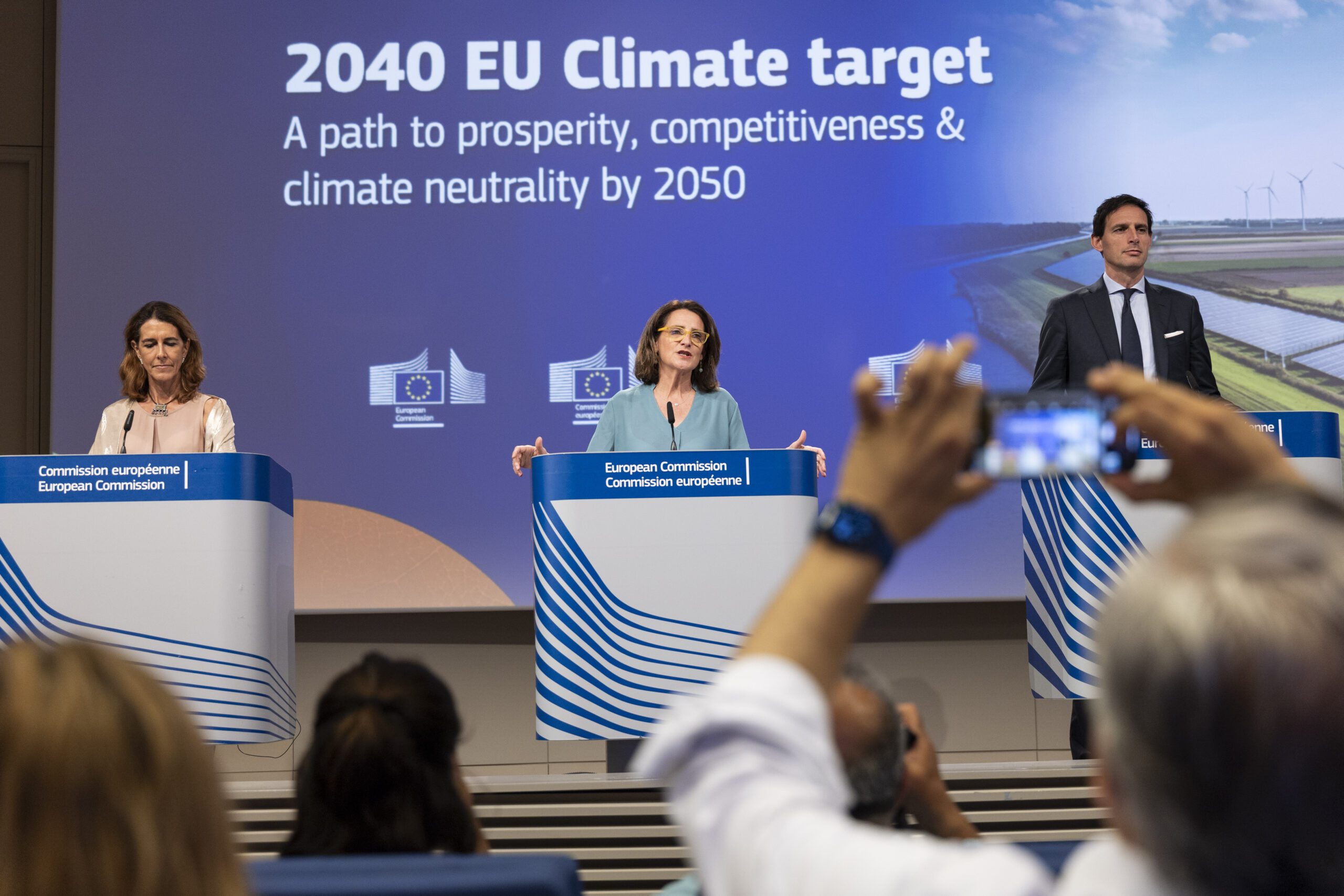Key Impact Points:
- Corporate Shift: Leading food companies are aligning their sustainability goals with the United Nations Sustainable Development Goals (UN SDGs), aiming to address global challenges like hunger, climate change, and sustainable agriculture.
- Business Opportunities: The UN SDGs offer significant economic potential, with estimates suggesting up to $12 trillion in opportunities by 2030.
- Consumer Connection: Food companies see aligning with the SDGs as a way to enhance credibility and connect with increasingly values-driven consumers.
Why it matters
Since the UN SDGs launched in 2016, food companies have increasingly aligned their sustainability strategies with these global targets. The 17 SDGs aim to end poverty, protect the planet, and ensure prosperity for all by 2030, and food giants are stepping up to contribute.
Corporate alignment
Unilever’s CEO, Paul Polman, has been a strong advocate for aligning business practices with the SDGs. Polman co-founded the Business & Sustainable Development Commission to promote the idea that contributing to the SDGs isn’t just good for the world but also good for business.
“The Global Goals are a great opportunity for business,” says Jeff Seabright, Unilever’s Chief Sustainability Officer.
According to the Commission’s Better Business Better World report, the SDGs could generate economic opportunities worth up to $12 trillion by 2030. In the food and agriculture sector alone, potential gains are estimated at $2-3 trillion.
Consumer awareness
Food companies are also tapping into growing consumer concern about sustainability. However, awareness of the SDGs remains low among the public, with just 27% of consumers familiar with the goals, according to a Nielsen survey.
Kris Charles, Senior VP at Kellogg, suggests that corporate engagement can drive awareness. “By aligning our goals with the SDGs, we can help drive increased awareness and support of the goals,” says Charles. Yet, companies must tread carefully to avoid superficial marketing that could erode trust, as warned by Ruth Mhlanga from Oxfam GB.
Change the World - Subscribe Now
SDGs relevant to food companies
Food production and agriculture are at the heart of many of the UN SDGs. Companies like PepsiCo and Kellogg have identified SDGs 2 (Zero Hunger), 12 (Responsible Consumption and Production), and 13 (Climate Action) as particularly relevant to their sustainability agendas. Mondelez International highlights its alignment with as many as 10 of the goals in its sustainability reporting.
Challenges and partnerships
While aligning with the SDGs offers benefits, it also poses challenges. Companies are urged to adopt a responsible business approach and avoid cherry-picking goals that merely boost profits. Partnerships between businesses, governments, and civil society are crucial to achieving these goals.
“Achieving the SDGs will only be possible through more effective and dynamic multi-stakeholder approach and partnership,” says Christian Frutiger, Global Head of Public Affairs at Nestlé.
The future of SDG alignment
As more food companies align their sustainability strategies with the UN SDGs, the private sector’s role in tackling global challenges is becoming increasingly critical. While large multinationals have taken the lead, there is growing recognition that SMEs also need to engage.
“The SDGs are an opportunity for all forms of business to get involved,” says Mhlanga.
Bottom line
Aligning with the UN SDGs offers food companies a roadmap for contributing to a sustainable future while unlocking new business opportunities. The challenge now lies in maintaining this alignment and delivering meaningful results over the next decade.

 Follow SDG News on LinkedIn
Follow SDG News on LinkedIn











